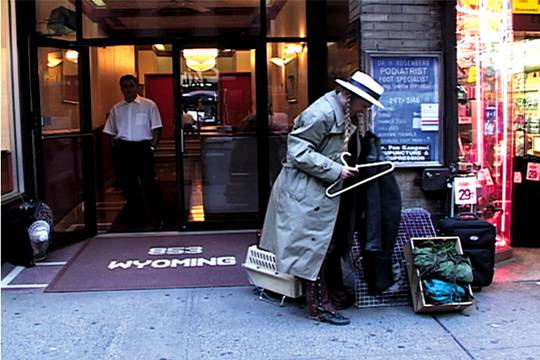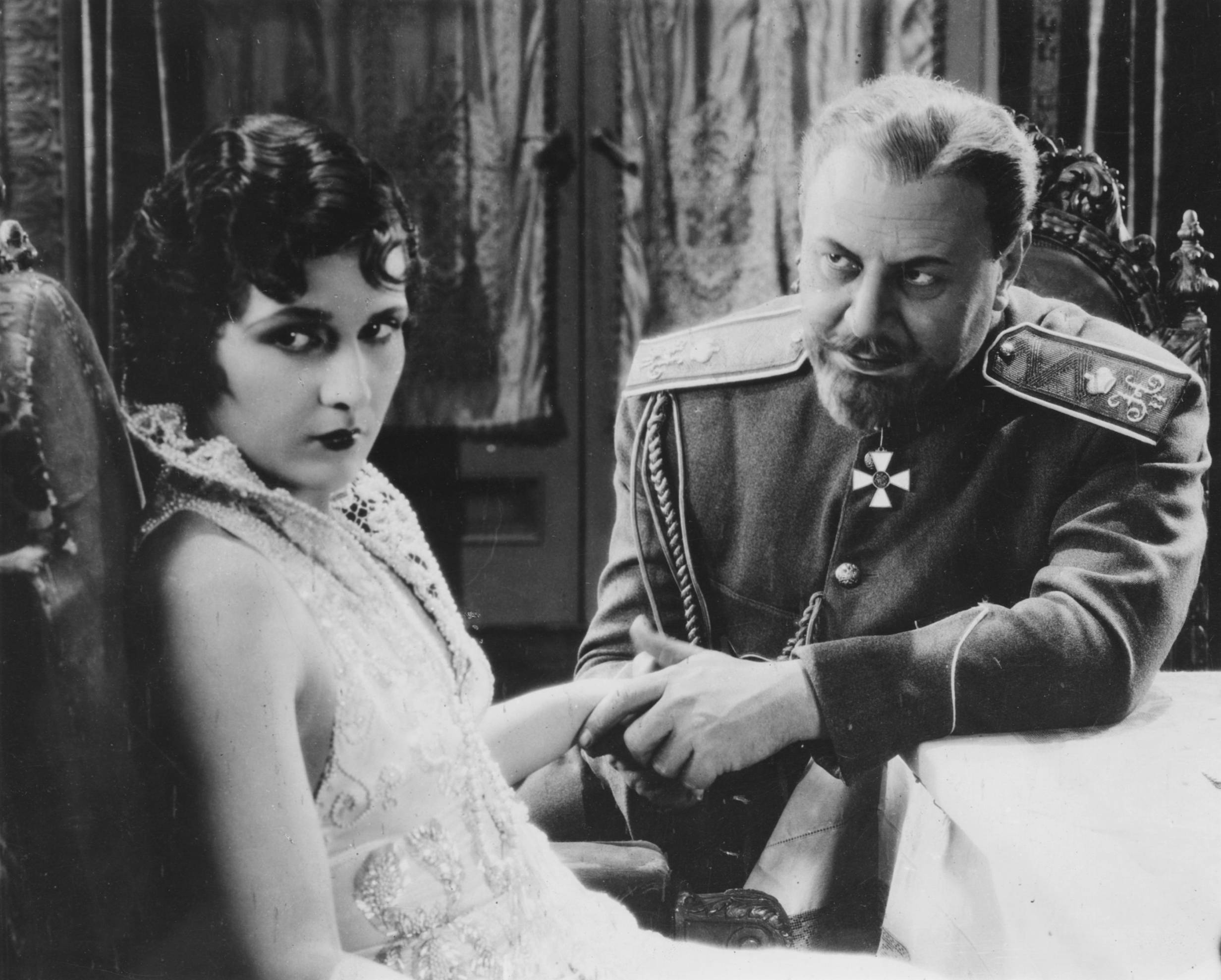While stretching my legs between features at Ebertfest on a gorgeous spring Friday, I overheard one woman ask a friend, “Are there going to be any upbeat films at the festival this year?” Friday’s roster of films offered little solace as madness and poverty were the themes of the day, with the three features on tap providing arresting portraits of courage under the most dire of circumstances.
While I could sympathize with the patron’s complaint, part of me wanted to refer her to the local multiplex where escapist fare is their bread and butter. Though the subject matter of most of the movies at Ebertfest might be described as “depressing,” films of this sort offer their own brand of catharsis and degree of escapism. Being swept away by an engaging drama has its own unique reward as viewers are more likely to make a more meaningful personal and emotional connection that resonates. Hey, I like Raiders of the Lost Ark, but it does not touch my heart or provide insight into the soul of another.
However, Karen Gehres’ accomplished first documentary, Begging Naked does and it was received with great enthusiasm by the stunned crowd at Ebertfest Friday afternoon. There were more than a few empty seats in the venerable theatre, which was a bit shocking and regretful, as each represented a lost opportunity for a viewer who could have taken in this remarkable film. Charting the descent into madness of artist Elise Hill, Gehres’ movie was uncompromising in its unflinching look at mental illness and the frustration that develops when trying to help someone who is reluctant to assistance.

Because of her friendship with Hill, Gehres had unprecedented access to capture a look at madness that has rarely been seen on film. At times optimistic and confident, at others paranoid and full of rage, Hill’s travails develop over the course of the film with heartbreaking predictability. Attempting to cope with parental neglect, drug addiction, unemployment and eviction, Hill is a portrait of courage and strength as well as a tragic figure whose considerable artistic talent seems to thrive despite of, and perhaps because of, her mental instability.
A bit nervous, but quietly confident, Gehres took the stage for the Q & A session after the screening and provided an update about Hill (she is still creating art while living in Central Park). Marred only by the pretentiousness of festival blogger Lisa Rosman, the session provided a degree of poignancy to the afternoon, as Gehres alluded to the fact that the experience in making the film was, in fact not over yet and that she still was not sure of the effect it would have on her in the end. However, at one of her lowest points, when she was unsure of whether she had accomplished anything or not with this project, she received an unexpected lifeline. Getting that e-mail from Roger (Ebert) meant so much. At a really low point, I needed a sign to show I was doing something of worthy.” What with the reception she received from the audience, here’s hoping her doubts have been dispelled.
Many of the empty seats were filled by patrons for the day’s next screening, Josef von Sternberg’s The Last Command, a tale of one man’s fall from glory that was brought to life once more by festival favorites, the Alloy Orchestra. Employing traditional orchestral instruments (drums, organ, strings) with junk percussion (bedpans, bells, or any old thing you can hit that will make a sound), the trio of eclectic musicians injected a modern sensibility to the film whose themes proved timeless.

Emil Jannings, who won the first Best Actor Oscar for his performance in the film, stars as the former Commander of the Russian Army, who has been reduced to working as an extra in Hollywood at the end of the 1920s. Fate and an old nemesis (William Powell) conspire to cause the general to confront his past as he is cast as an officer in a Russian war film and through flashbacks we witness his fall from grace.
While much is made of the grand acting style that is often present in silents, which is on display in Command, Jannings provides a sense of stillness at times amidst the turmoil in the film. One of the most striking moments occurs early on when the cattle call at the studio is on display, as hordes of extras franticly rush through the gates to get their assignments and wardrobe and all the while Jannings provides the viewer with a degree of austerity, his character’s dignity in tact despite having to suffer the indignities that surround him. There is a timelessness to this performance as it proves to be a bridge between film’s silent and sound era, as it straddles the line between the mediums early days of over the top emoting while providing moments of modern, introspective acting.
Again, another impressive day at the festival, replete with high emotion and poignancy and while some may label these films as depressing, I couldn’t help but think of how meaningful each work was and how each had touched me in unexpected ways. I’d be willing to bet, that didn’t occur often at the Savoy 16 last night.








